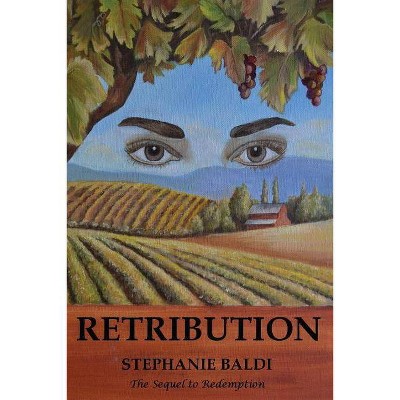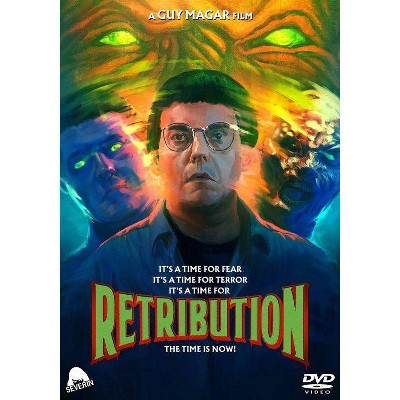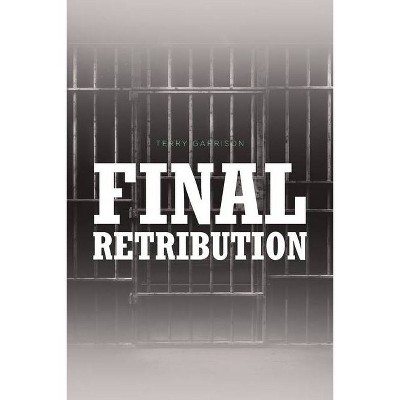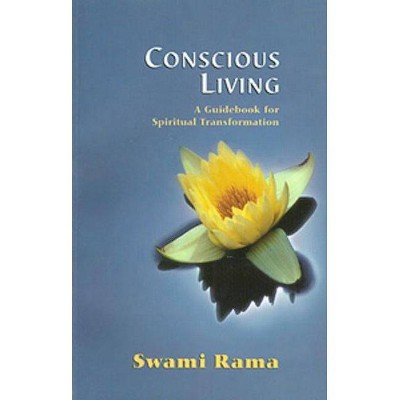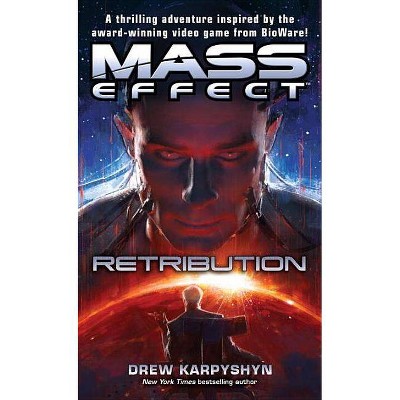Beyond Retribution - by Rama Mani (Paperback)
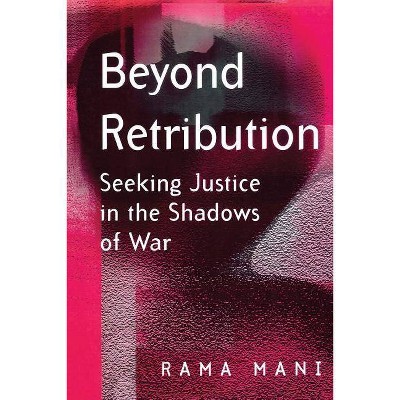
Similar Products
Products of same category from the store
AllProduct info
<p/><br></br><p><b> Book Synopsis </b></p></br></br>Today's wars leave a crippling legacy of deprivation and suffering, of physical and structural injustice, long after they submit to peaceful resolution. Survivors of war must find ways to live with the stultifying injustices littering their past and haunting their present - acts of discrimination and violence committed before, during and even after conflict. <br /> <p>Confronting the vexed challenge of re-marrying peace with justice out of the morass of war's injustices is the complex but imperative task facing post-conflict societies and the international community today. Using current examples from conflicts around the world, ranging from Africa and Asia to Latin America and Eastern Europe, it argues for a holistic and integrated approach to justice after conflict. It proposes that we must address all three dimensions of injustice embedded in conflict - symptom, consequence and cause, and that subsequently we must rebuild all three dimensions of justice - legal, rectificatory and distributive, in the aftermath. This timely book explores the difficulties and dilemmas confronted on the ground in restoring these, and concludes with pragmatic recommendations for dealing with such challenges of rebuilding peace with justice after contemporary conflicts.<br /> </p> <p>This well-argued book will prove a valuable resource for students and professionals in the fields of peacebuilding, justice theory, international relations and politics.</p><p/><br></br><p><b> From the Back Cover </b></p></br></br>Today's wars leave a crippling legacy of deprivation and suffering, of physical and structural injustice, long after they submit to peaceful resolution. Survivors of war must find ways to live with the stultifying injustices littering their past and haunting their present - acts of discrimination and violence committed before, during and even after conflict.<br /> <p><br /> </p> <p>Confronting the vexed challenge of re-marrying peace with justice out of the morass of war's injustices is the complex but imperative task facing post-conflict societies and the international community today.<br /> </p> <p>Using current examples from conflicts around the world, ranging from Africa and Asia to Latin America and Eastern Europe, it argues for a holistic and integrated approach to justice after conflict. It proposes that we must address all three dimensions of injustice embedded in conflict - symptom, consequence and cause, and that subsequently we must rebuild all three dimensions of justice - legal, rectificatory and distributive, in the aftermath. This timely book explores the difficulties and dilemmas confronted on the ground in restoring these, and concludes with pragmatic recommendations for dealing with such challenges of rebuilding peace with justice after contemporary conflicts.<br /> </p> <p>This well-argued book will prove a valuable resource for students and professionals in the fields of peacebuilding, justice theory, international relations and politics.</p><p/><br></br><p><b> Review Quotes </b></p></br></br><br>Rama Mani's engaging book is a fine combination of arguments on the theory of justice and an assessment of practical problems in building a new society from the ruins of war and conflicts. It is "practical reason" <i>par excellence</i>.<i>Professor Amartya Sen, Master, Trinity College, Cambridge</i><br><p/><br></br><p><b> About the Author </b></p></br></br><b>Rama Mani </b>is the Senior Strategy Adviser for the Centre for Humanitarian Dialogue in Geneva, and was previously the Africa Strategy Manager for Oxfam GB, based in East Africa.
Price History
Price Archive shows prices from various stores, lets you see history and find the cheapest. There is no actual sale on the website. For all support, inquiry and suggestion messagescommunication@pricearchive.us


